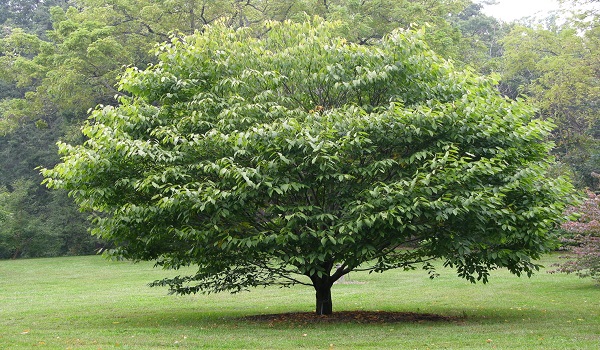Nestlé has launched two new initiatives designed to reduce and eliminate carbon emissions within its cocoa supply chains. These projects are part of the company’s commitment to achieving net-zero status by 2050.
In collaboration with suppliers Cargill and Export Trading Group’s Beyond Beans, the global food and beverage giant will implement these projects over a five-year period. The initiatives aim to combat the impact of climate change on the cocoa industry by promoting agroforestry, accelerating the transition to regenerative agriculture, and supporting reforestation efforts in areas surrounding cocoa farming communities.
Combined, these initiatives are projected to reduce and eliminate over 500,000 metric tons of carbon emissions over a 20-year span, according to Nestlé. Each project will be supported by a comprehensive carbon monitoring and accounting framework to track progress effectively.
As part of these efforts, Nestlé plans to provide various multi-purpose shade trees to farmers, along with training on tree planting and pruning techniques. The introduction of shade trees is expected to mitigate the effects of sunlight on cocoa crops, improve moisture levels, aid water management, enhance biodiversity, and absorb carbon dioxide from the atmosphere.
The projects aim to plant more than two million shade trees across lands managed by nearly 20,000 farmers in Ghana and Côte d’Ivoire.
Nestlé, known for its diverse portfolio of over 2,000 brands, including popular chocolate and confectionery products like KitKat, Smarties, and Häagen-Dazs, is a major consumer of cocoa globally. The company procures approximately 414,000 tons of cocoa annually from various sources, including major exporters like Brazil, Ecuador, and Ghana.
Darrell High, Nestlé’s global cocoa manager, emphasized the importance of these initiatives in the company’s journey towards achieving net-zero emissions. He highlighted the need for collaboration with committed suppliers and local communities to ensure long-term forest protection and sustainable land-use practices.
Cargill’s partnership officer, Ursule Gatta, expressed the company’s commitment to expanding the project in collaboration with Nestlé to cover 18 cooperatives over the next five years.
Nestlé’s rigorous carbon monitoring and verification program will track tree planting activities and carbon sequestration, ensuring transparent and permanent carbon removal within its supply chain. The monitoring system will also assess the effectiveness of reforestation initiatives and their impact on the natural landscape.


